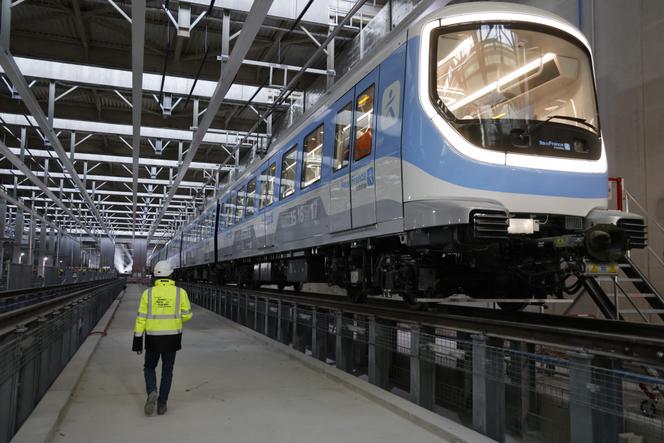


This is a symbolic figure that testifies to real momentum in the fight against global warming, although it is still largely insufficient. On Friday December 15, the Institut de l'Economie pour le Climat (I4CE) published its annual overview, showing that French public and private investment in the energy and climate transition has reached the €100 billion mark for the first time in 2022.
This benchmark report was published as the government is finalizing its new low-carbon strategy (SNBC), the country's roadmap for lowering its greenhouse gas emissions. The report also revised upwards the financing requirements between now and 2030. In 2022, climate action spending by households, businesses and public authorities in the building, transport and energy sectors rose by 9% to reach €100 billion.
The purchase of heat pumps, photovoltaic panels for domestic consumption, electric cars, the construction of several offshore wind farms and the Paris region's new transport network the Grand Paris Express are all examples of new investment. Just like in 2021, renewable energies, low-carbon transport and energy-efficient home renovation have all contributed to the rise in investment. Public authorities are responsible for a third of this spending, particularly on rail infrastructure.
This rise in investment in 2022 confirms an upward trend that began in 2016, and accelerated three years ago. Expenditure on the energy transition has been boosted by the government's 2020 stimulus plan, by the adoption of certain regulations on vehicle sales and new building construction, and by the launch of major infrastructure projects that had been approved years earlier.
With just a few weeks to go before the end of the year, the I4CE research institute is also projecting that investment will continue to grow in 2023, reaching €108.1 billion (+8%). There is, however, one big cloud on the horizon: the tightening of credit conditions. "We are not quite sure that the increase in investment will continue in 2024," explained Hadrien Hainaut, lead author of the report. "We fear that rising interest rates will make household and business investment projects more expensive."
The new report also assesses how much investment will be needed in the building, transport and energy sectors to meet France's objectives. According to I4CE, an average of €58 billion more per year will need to be spent between 2024 and 2030 in additional spending. This figure is considerably higher than the previous estimate – in 2022, the think-tank was forecasting an additional €13 billion to €30 billion a year to stay on course for carbon neutrality.
You have 50% of this article left to read. The rest is for subscribers only.
